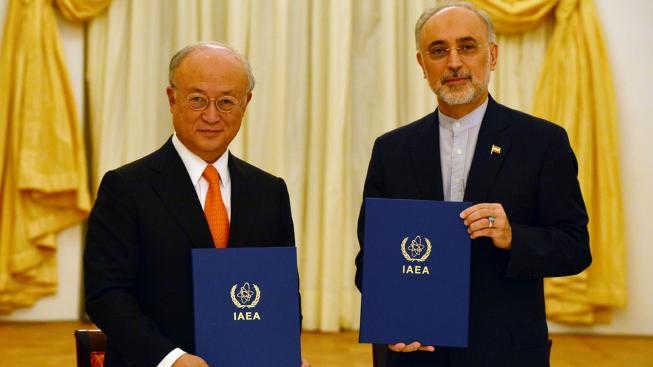Tag: Kansas fourth district
-
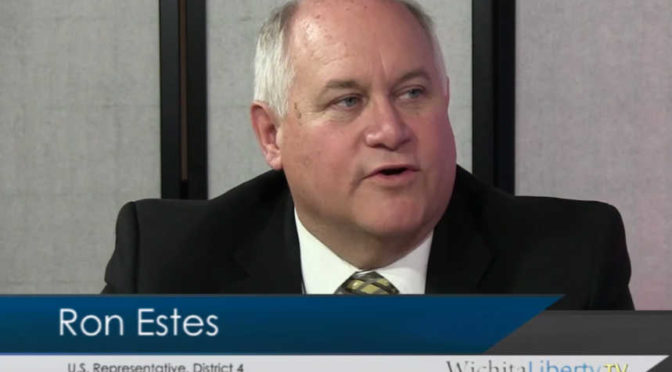
WichitaLiberty.TV: Congressman Ron Estes
United States Representative Ron Estes, a Republican from Wichita representing the fourth district of Kansas, joins hosts Bob Weeks and Karl Peterjohn to discuss the issues of the day.
-

From Pachyderm: Congressional candidates
From the Wichita Pachyderm Club this week: A forum for Republican candidates vying to fill the vacant position of former Congressman Mike Pompeo.
-
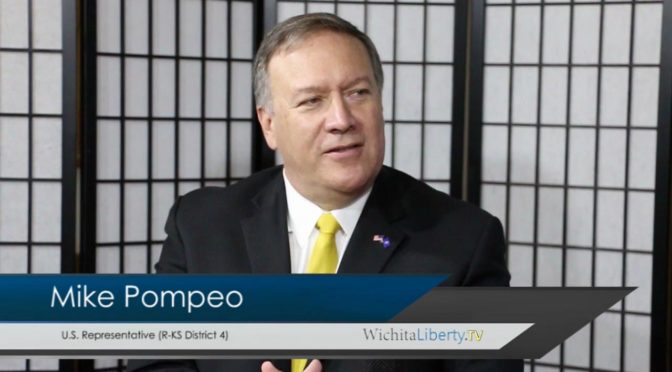
WichtaLiberty.TV: Congressman Mike Pompeo
In this episode of WichitaLiberty.TV: United States Representative Mike Pompeo, a Wichita Republican who represents the Kansas fourth district. Topics include elections, judicial retention, foreign affairs, and immigration.
-
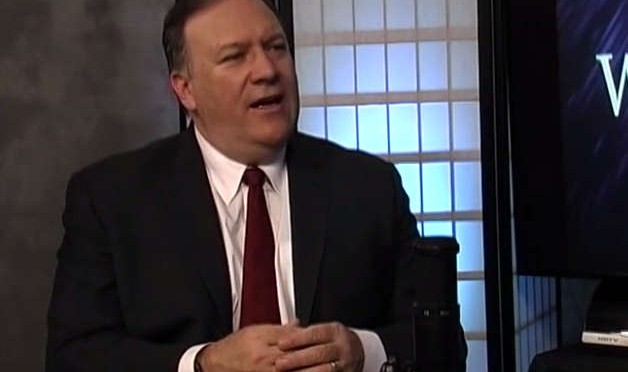
WichitaLiberty.TV: United States Congressman Mike Pompeo
Congressman Mike Pompeo talks about risks to America from overseas, Benghazi, congressional scorecards, the Grant Return for Deficit Reduction Act, and labeling food with genetically engineered ingredients.
-
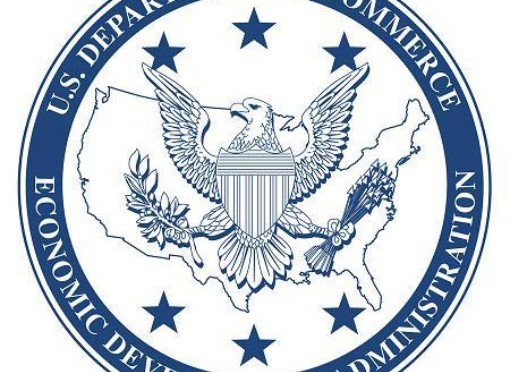
Legislation to end Economic Development Administration introduced
U.S. Rep. Mike Pompeo calls for an end to a wasteful federal economic development agency.
-
In Kansas, hypocritical criticism of voting records
Kansas fourth district voters may want to be aware of voting record of a congressional challenger, and whether his criticism of his opponent for similar behavior is hypocritical.
-
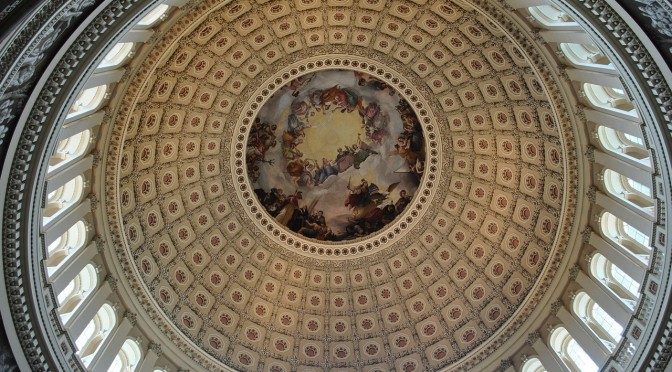
In Kansas fourth district, fundamental issues of governance arise
The contest in the Kansas fourth district is a choice between principle and political expediency, and between economic freedom and cronyism.
-
Voting attendance an issue in Kansas fourth district campaign
Voting attendance an issue in Kansas fourth district campaign
